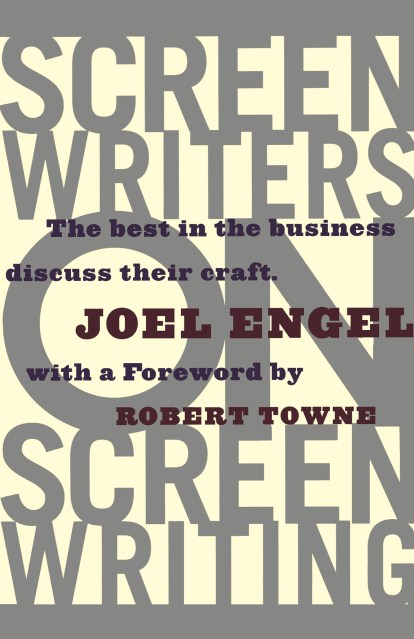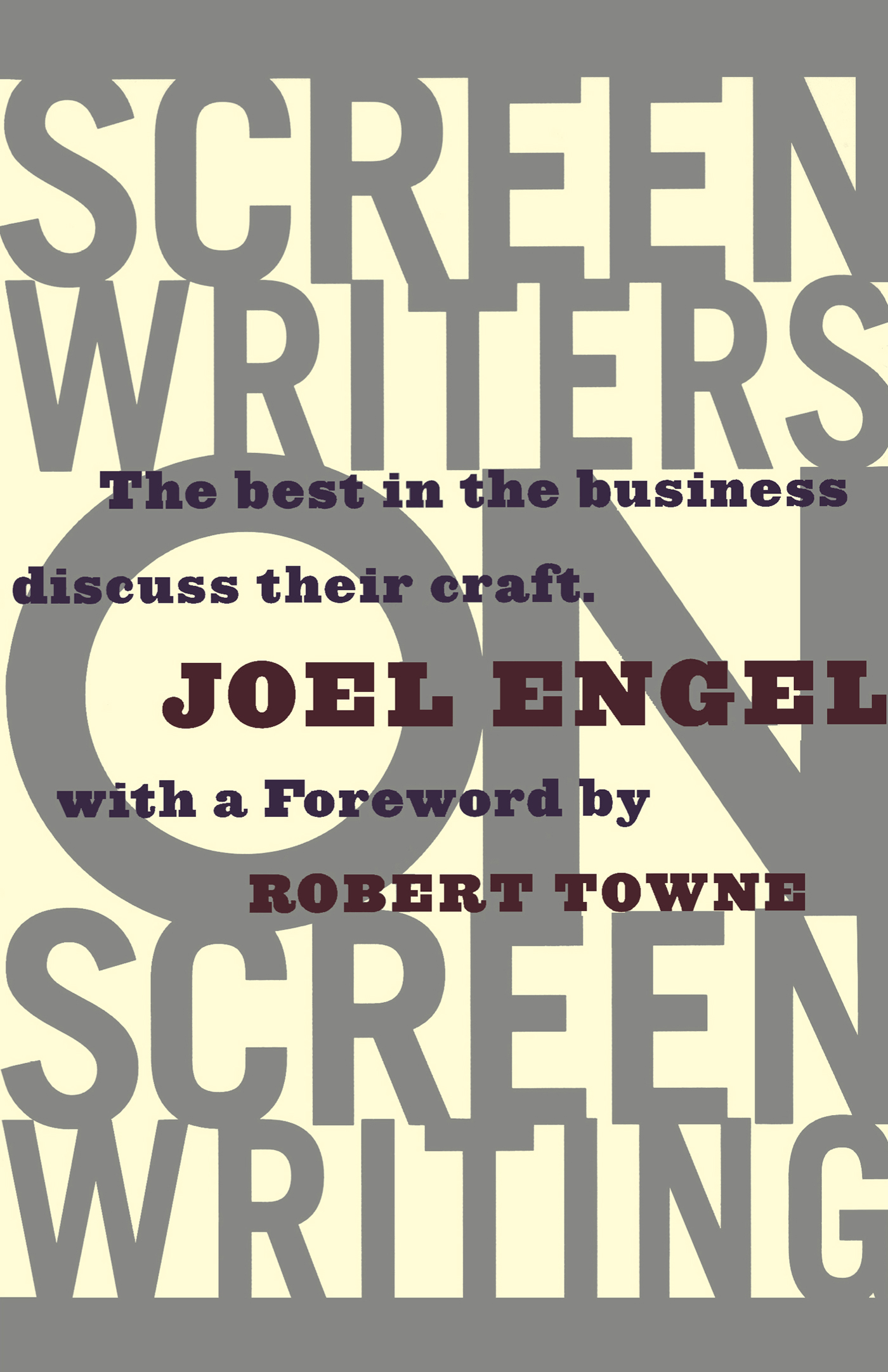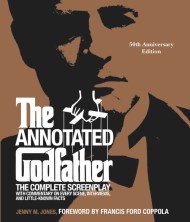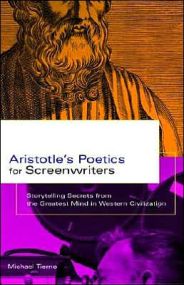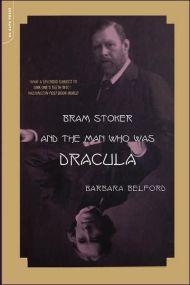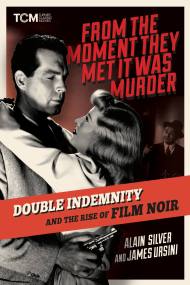Promotion
Use code MOM24 for 20% off site wide + free shipping over $45
Screenwriters on Screen-Writing
The Best in the Business Discuss Their Craft
Contributors
By Joel Engel
Formats and Prices
Price
$10.99Price
$13.99 CADFormat
Format:
- ebook $10.99 $13.99 CAD
- Trade Paperback $21.99 $28.99 CAD
This item is a preorder. Your payment method will be charged immediately, and the product is expected to ship on or around February 12, 2013. This date is subject to change due to shipping delays beyond our control.
Also available from:
Genre:
- On Sale
- Feb 12, 2013
- Page Count
- 320 pages
- Publisher
- Hachette Books
- ISBN-13
- 9781401305574
Newsletter Signup
By clicking ‘Sign Up,’ I acknowledge that I have read and agree to Hachette Book Group’s Privacy Policy and Terms of Use
